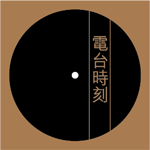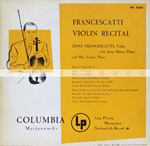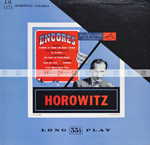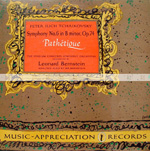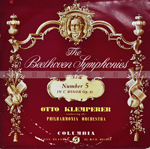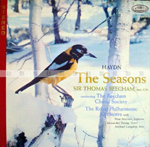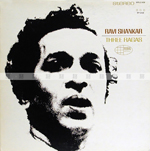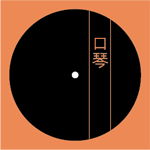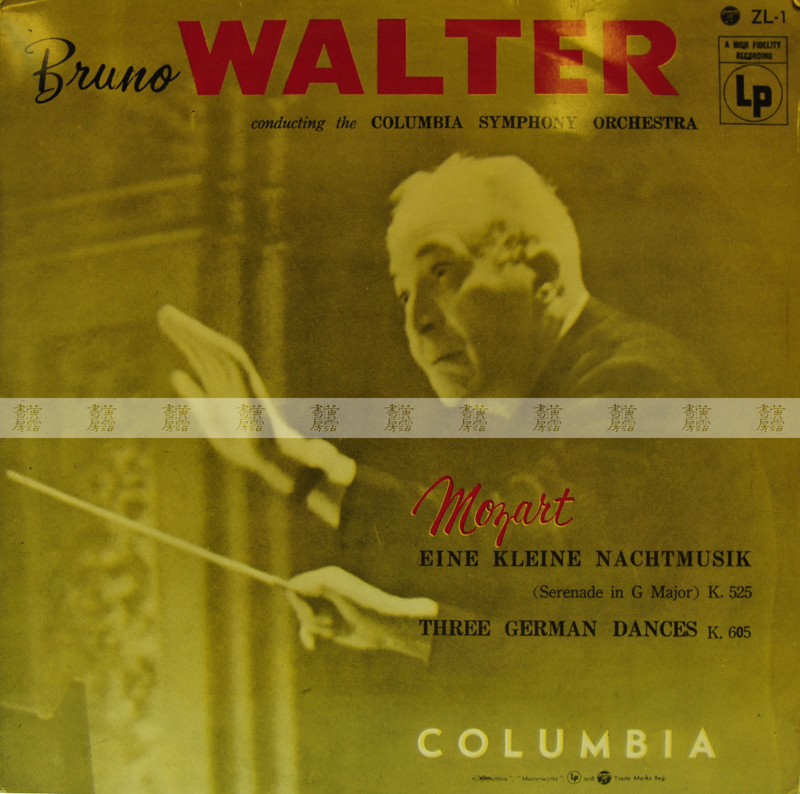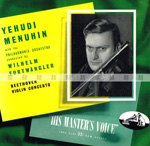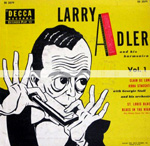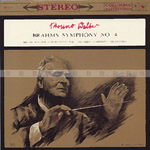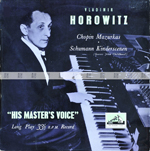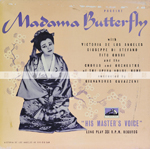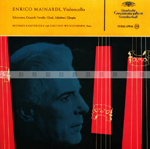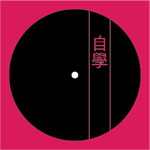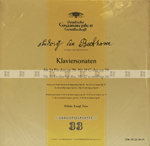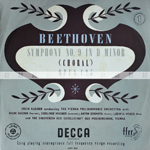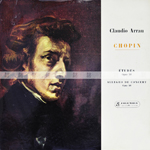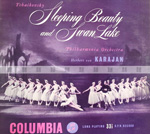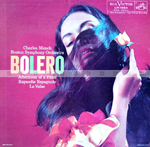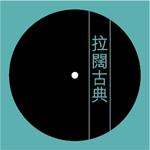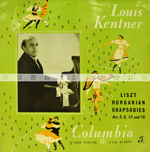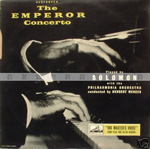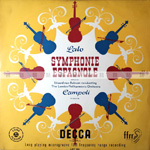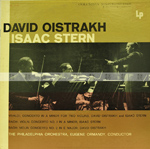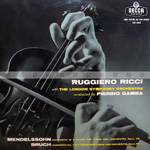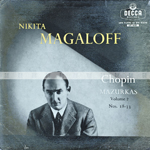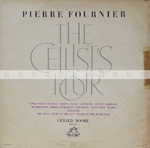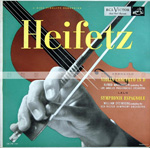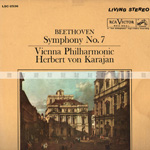Wong Jum-sum loved music of all kinds, and had a particularly deep-seated passion for Western classical music.
In the 1950s, both Wong and classical music were finding their feet in Hong Kong society. The best they could do was to openly embrace the unknown.
To embrace the unknown, one needs support from all directions.
Thanks to Radio Hong Kong, Wong was able to listen to enticing music all day everyday, in that process learning to appreciate simultaneously the distinctive worlds of Shankar and Schubert.
Thanks to Leung Yat-chiu, he knew classical music held no special mystical aura. Whatever sounded good was good music.
Thanks to Wong Jum-sum himself, he learnt to read and absorb the principles and practices of making music, no matter whether they came from Bach or Beethoven.
Thanks to Hong Kong of the 1950s, he encountered a succession of visiting maestros, extending immensely his ideas about music and life.
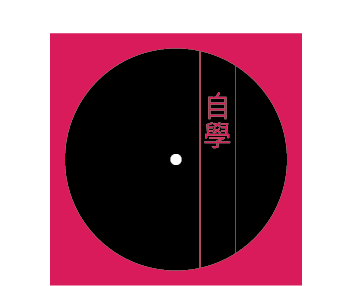
Wong Jum-sum loved to learn. Where circumstances did not allow him to learn from others, he did the learning himself.
On the bookshelves of Wong, there were numerous books for music self-learning. Some focussed on principles. Some taught creative techniques. The most eye-catching were a series of music scores by classical composers, including the complete set of symphonies by Beethoven. He pushed himsef into this music world by incessant reading and listening: from Chopin to Copland to Tchaikovsky, he loved them all.
The music selected in this section came from what we saw on Wong’s bookshelves. They tell us in no uncertain terms how effort and love are inseparable in the quest for music nirvana.

